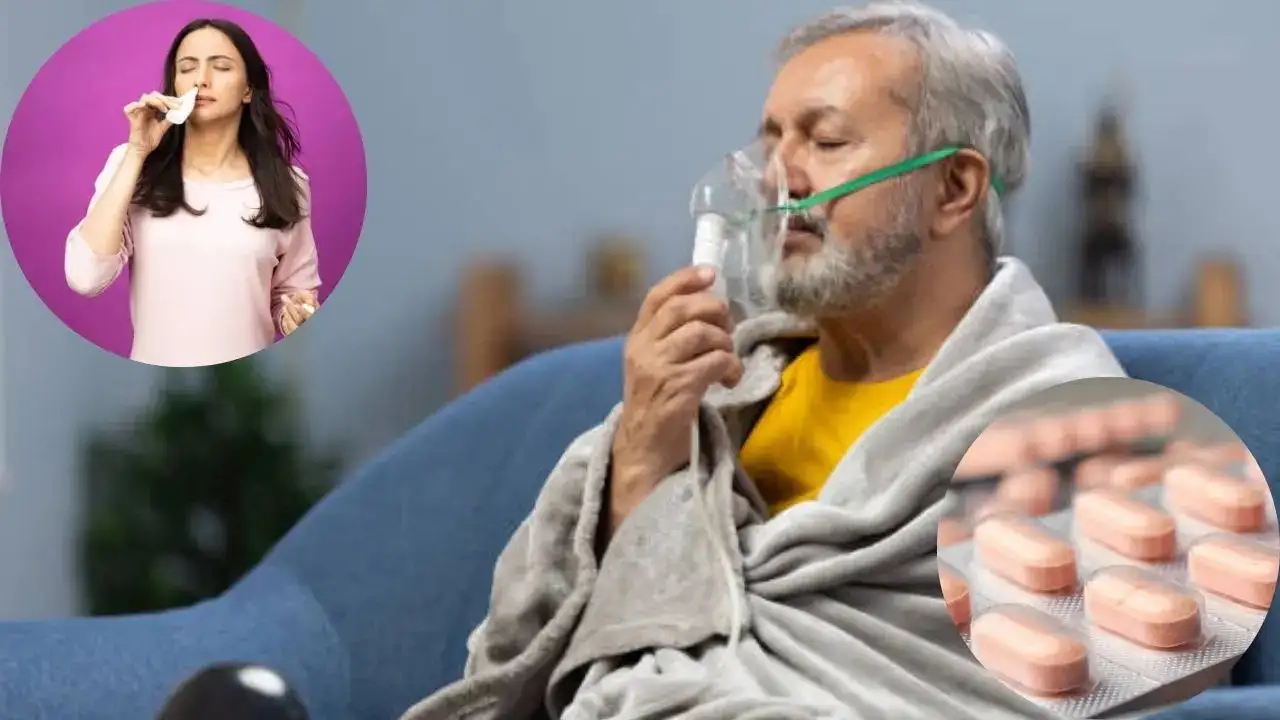
Most medications for allergies are safe for short-term use, but according to doctors, only some should be taken daily
Across the world, an estimated 30-40 per cent of people experience seasonal allergies—also called allergic rhinitis or hay fever. The allergy season, which usually spans the months of March through June, is peak pollen season that causes harrowing symptoms like a runny nose, sneezing, and itchy eyes.
Most medications for allergies are safe for short-term use, but according to doctors, only some should be taken daily.
Should you take allergy medication daily?
A few medicines—if you have an allergy—can be taken daily; however, many others should be reserved for only short-term use. Experts say medications like nasal steroid sprays and antihistamines, which are oral tablets, eyedrops, and a nasal spray, are safe. However, steroid sprays must not be used for more than three months out of the year.
Doctors say nasal steroid sprays, along with prescription medications like leukotrienene receptor antagonists, are the safest allergy medications for long-term use. They are good at reducing the symptoms of asthma and have a good safety profile, even after extended use.
What are the side effects of allergy medication?
While the medicines can be used for long-term use, they can also lead to side effects in some people, which include mild or severe neurological and psychiatric issues, especially among youngsters.
Doctors say there can also be some side effects associated with nasal steroid use, which increase the risk of nosebleeds or even worsening eye problems like cataracts and glaucoma in a few people. Doctors say long-term nasal steroid use can cause growth issues in children.
Natural ways to manage the symptoms of allergy
Apart from taking medication, which you can discontinue after a while, you must also try a more natural route to tame your allergy symptoms—a few of which are tried-and-tested methods. They are:
-
Keep windows closed in the house and car to lower the exposure to pollen.
- Always check the local weather report and pollen counts before leaving your house, and plan outdoor work when the counts are lower.
- Use a saline nasal spray or flush regularly to clear allergens from your nose.
- If you live in a polluted area, you can improve the air you breathe with an air purifier that runs all the time.
- Hydrate the air you breathe by using a bedside humidifier.
- Make sure to always remove pollen-laden clothes and shoes before going inside the house.
- Keep dust and dirt accumulation down at home by opting for hardwood versus carpet flooring and avoiding excessive clutter.
- If you are prone to allergies or asthma, make sure to keep pets out of your bedroom.
- Eat a healthy diet and get good rest to keep your immunity levels high and healthy at all times.
- Keep your nose healthy and hydrated.
- Try to prevent nosebleeds, common during the allergy season due to inflamed and dry nasal passages.
- Keep safe, effective first-aid remedies on hand to help those with allergies.
